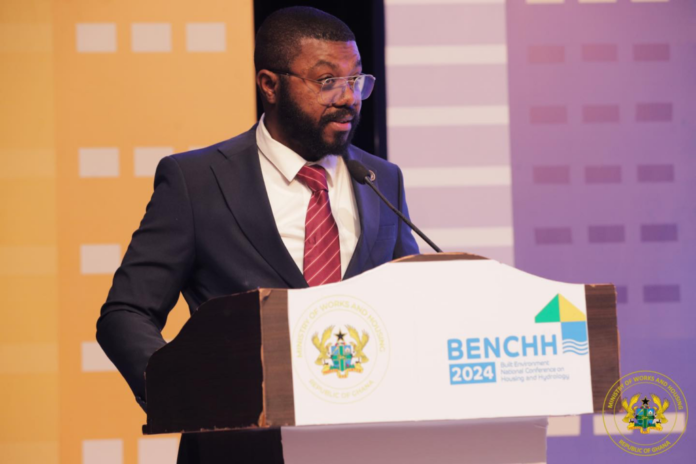The Chairman of the New Patriotic Party’s Education Committee, Dr. Prince Hamid Armah, has lauded the achievements of the free SHS policy.
He highlighted the attainment of 50-50 gender parity and a 95% SHS transition rate in the Northern Region as significant milestones.
Speaking on the sidelines of the State of Education address by Education Minister Dr Yaw Adutwum, the Kwesimintim MP stated that these achievements would not have been possible without the free SHS policy, which has significantly reduced the financial burden on many Ghanaian parents.
He noted that many girls and students in rural areas would have been denied education without this flagship policy.
Dr. Armah, former Deputy Chair of the Education Committee referred to the minister’s announcement that Ghana has achieved gender parity at the SHS level, with data slightly favoring girls.
He described this as a remarkable achievement that all Ghanaians should celebrate.
Additionally, he highlighted the outstanding 95% SHS transition rate for students in the Northern Region, noting that this success benefits the entire nation.
Highlighting the importance of these milestones, the Deputy Housing Minister pointed out that the country’s constitution mandates non-discrimination in education based on gender, race, or ethnic background.
In a culture with elements of patriarchy, the tendency to favour male children for education due to limited resources is high.
However, the free SHS policy and other interventions have ensured that parents no longer have to choose between their children based on gender.
Dr Armah also cited an OECD study indicating that Ghana’s economy could expand 38-fold if all 15-year-olds achieve a basic education.
He stressed that each additional year of education improves life chances, and a 95% transition rate offers better opportunities for the country’s youth. Continued progress in this direction could significantly reduce poverty.
Regarding the new Creative Arts School, Dr Armah, also the Deputy Minister for Works and Housing, explained that the curriculum addresses the needs of diverse students, including those with skills in the creative arts.
He stated that a specialised school with a comprehensive curriculum has been established for musicians, filmmakers, and other creative professionals, aiming to commercialise their talents.
One such school is being constructed in Kwadaso in the Ashanti Region and is nearing completion.


